
Civil Litigation Law
Your Preferred Legal Partner In Litigation Law,
Servicing The South African Market.
|
Where possible, we advise and negotiate suitable settlement proposals on behalf of clients.
Civil Litigation
NEED TO CONSULT WITH EXPERIENCED LITIGATION LAW ATTORNEYS?
CONTACT THE PREFERRED CIVIL LITIGATION LAWYERS IN SOUTH AFRICA TODAY.
Related Services:
Arbitration
Mediation
General litigation
Litigation is a complex area of law and involves the representation of clients in the various Courts of our South Africa including the High, Magistrates’, Appeal, Constitutional and Criminal Courts. Litigation involves the legal process for settling those disputes or claims between and amongst natural persons, juristic persons and the state that requires objective determination.
Pauw Attorneys represents clients in litigation, arbitration and mediation.
What is litigation?
Litigation is the process of taking a legal dispute to court.
What is civil law?
The term “civil law” refers to a variety of legal fields. At its broadest, civil law refers to all areas of law except criminal law. But the main areas usually referred to as civil law are contractual matters, business disputes, company law, property disputes, and personal injury cases.
Civil litigation is ordinarily between two or more parties and is conducted in a public forum. This process is formal and highly regulated.
The court where the action or application is instituted must have jurisdiction over the matter to hear it. Jurisdiction is established when the cause of action arose in the area where the Defendant resides or is domiciled within the area of that court.
There is a hierarchy of courts in South Africa:
- The Constitutional Court,
- The Supreme Court of Appeal,
- The High Court,
- The Magistrates' Courts.
Is there an alternative to suing in court?
Yes, there is another way, known as Alternative Dispute Resolution. This refers to Arbitration, which is a way to resolve disputes outside the courts. The dispute is decided by one or more persons, called the arbitrators. The rules applied are generally more straightforward than those used in court. The award is legally binding on both sides and enforceable in court. Costs are usually less than in the courts.
Picking a Court
Courts may only reside on a matter if they have Jurisdiction over it; therefore, you do not get to choose the Court you wish your matter to be heard in.
Many factors influence a Courts Jurisdiction, such as the value of a claim, the other is the nature of the claim and geographical area.
- Below R12 000 should be in the Small Claims Court,
- Below R200 000 should be in the District Magistrate’s Court,
- More than R200 000 but less than R400 000 should be in the Regional Magistrate’s Court,
- More than R400 000 should be in the High Court.
Courts have authority over specified geographical areas. The Court will have Jurisdiction over a matter if the Defendant is an ordinarily resident or domiciled in the geographical area over which the court has authority, or if the claim arose within said area.
Proceedings usually begin with a letter of demand setting out the claimant's claim and providing a date by which the other party is to adhere to such claim.
If the other party does not comply with this demand, the claimant can start civil proceedings either by:
Bringing An Action
This procedure is used in matters involving a factual dispute. It involves both the Plaintiff and the Defendant making submissions to court, producing evidence (by exchanging relevant documents and involving witnesses giving oral evidence) and culminates in a trial. The action is begun when a summons with particulars of claim has been issued out of the court and served on the Defendant.
Launching An Application
This procedure is generally quicker, but can only be used where there is no factual dispute. All the documentary evidence on which a party wants to rely must be attached to the affidavits submitted to court. This process is started once the following documents have been issued out of the court and served on the Respondent:
- a notice of motion setting out the relief that the applicant seeks; and
- an accompanying witness statement in the form of an affidavit.
The Procedure in Court:
In an application procedure, the matter is heard in the Motion Court. The matter is argued on the papers before court, with special reference to the Heads of Argument, and the evidence given therein. One may present oral evidence in Court, but this is generally not needed.
An action procedure ends in a trial. South Africa follows an adversarial trial system; this allows for the Plaintiff and Defendant to argue their versions of the matter in Court.
The procedure in Court generally goes as follows: Plaintiff’s legal representative will set out the Plaintiff’s case before the Court and will present enough evidence before the Court to prove, on a balance of probabilities, that the Plaintiffs case is reasonably and possibly true. Once this is done the Plaintiff will close their case.
The onus to disprove the Plaintiff’s case, on a balance of probabilities, shifts to the Defendant. The Defendant will set out evidence before the Court which disproves the Plaintiff’s case. Once the Defendant is confident that they have disproved the Plaintiff’s case, they shall close their case.
If witnesses are called to give evidence in Court then the examination of the witness will proceed as follows:
- Examination-in-chief; done by the party who called the witness;
- Cross-examination; done by the opposing party;
- Re-examination; done if the party calling the witness deems it necessary to do so.
Once both the Plaintiff and Defendant have closed their cases, both parties shall present their closing arguments. No new evidence may be adduced in the closing arguments. Then the Judge shall deliver his/her judgement with reasons for the Judgement.
In conclusion, there are various factors to consider when taking the first step in the litigious process.
Please feel free to reach out to us for more assistance.





